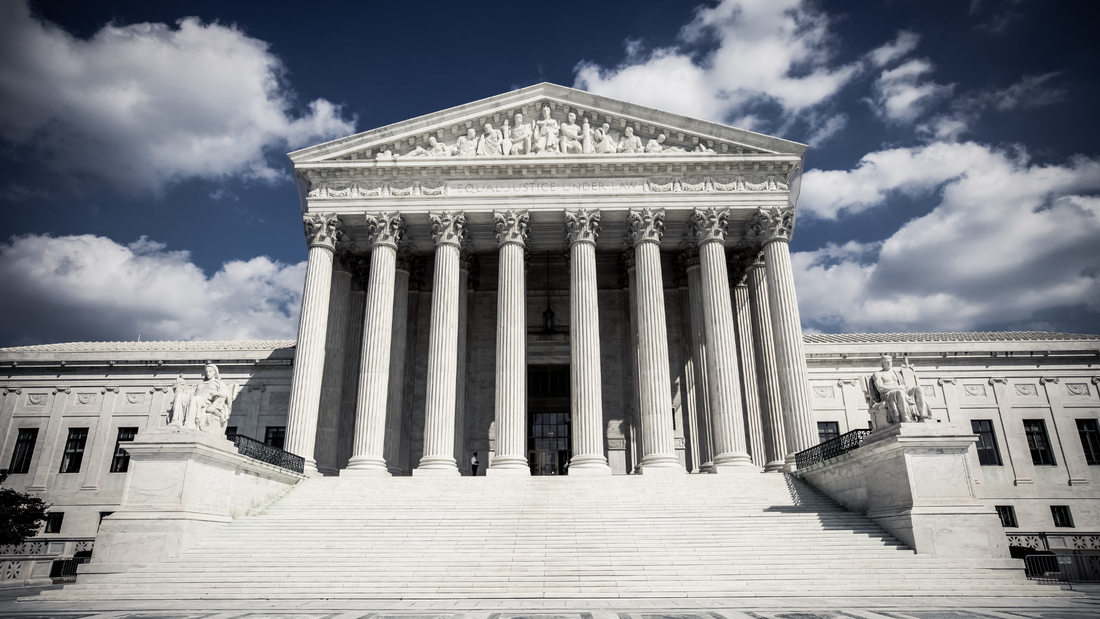|
If the State of North Carolina has its way, the U.S. Supreme Court could soon hear its first case addressing the constitutionality of so-called “ag-gag” laws, statutes that aim to punish whistleblowers and undercover activists.
North Carolina passed the Property Protection Act (PPA) in 2015, seeking to codify a ruling emanating from a late-1990s conflict between Food Lion and ABC News in which two journalists posed as employees and covertly recorded unsafe food-handling practices. Food Lion sued the network, and the Fourth Circuit Court of Appeals eventually found in the supermarket’s favor. The legislature’s 2015 codification of that ruling, in theory, creates an employee disloyalty cause of action and allows for damages resulting from work stoppage. It’s a clever framing, but the reality is that the PPA is a little more than an unconstitutional “ag-gag” law designed to shield North Carolina’s large-scale farming industry from journalistic scrutiny. That’s certainly what PETA – which brought the case – believes. And two prominent federal courts have now sided with them. PETA’s argument is that the PPA unconstitutionally burdens its investigative efforts. Specifically, the organization takes issue with a provision in the law that allows employers to sue for damages any employee who “without authorization records images or sound occurring within” the nonpublic areas of the employer’s private property “and uses the recording to breach the person’s duty of loyalty to the employer.” (Three other provisions are also at issue, each prohibiting similar conduct.) A federal district in North Carolina agreed with PETA, striking down the law as a content-based restriction on speech. The Fourth Circuit upheld that ruling insofar as it pertained to newsgathering efforts by PETA and similar animal welfare groups but did not rule on the law’s constitutionality applied to other situations. North Carolina subsequently filed a certiorari petition before the U.S. Supreme Court. What the State of North Carolina is effectively asking the Supreme Court to do is create a new category of unprotected speech – information collected by an undercover investigation in non-public areas. From a policy standpoint, it’s anathema to the very notion of a free press. America’s venerable tradition of investigative journalism goes back centuries, and is exemplified by trailblazing reporters like Nellie Bly, who became an inmate at the Women’s Lunatic Asylum at Blackwell’s Island to expose deplorable conditions there. It continues today in the form of citizen journalists like Darnella Frazier, who received a Pulitzer Prize citation for recording the murder of George Floyd by a policeman in Minneapolis in 2020. The right to record is closely linked to investigative journalism, which is and must always be protected under the Constitution. Judge Henry Floyd of the Fourth Circuit perhaps put it best: “…while we agree that an employer could freely choose to deny entry to journalists who seek to secretly record its inner workings, it does not follow that a State can create ‘new categories of unprotected speech’ to punish those journalists. The First Amendment limits the government; the government does not limit the First Amendment.” Both the Ninth Circuit and Tenth Circuit have invalidated “ag-gag” laws as incompatible with First Amendment press protections. Eight of 11 “ag-gag” laws passed on the state level have been found unconstitutional. If the Supreme Court agrees to hear oral arguments in this case, the Court will find plenty of precedent. Comments are closed.
|
Archives
June 2024
Categories
All
|
ABOUT |
ISSUES |
TAKE ACTION |



 RSS Feed
RSS Feed